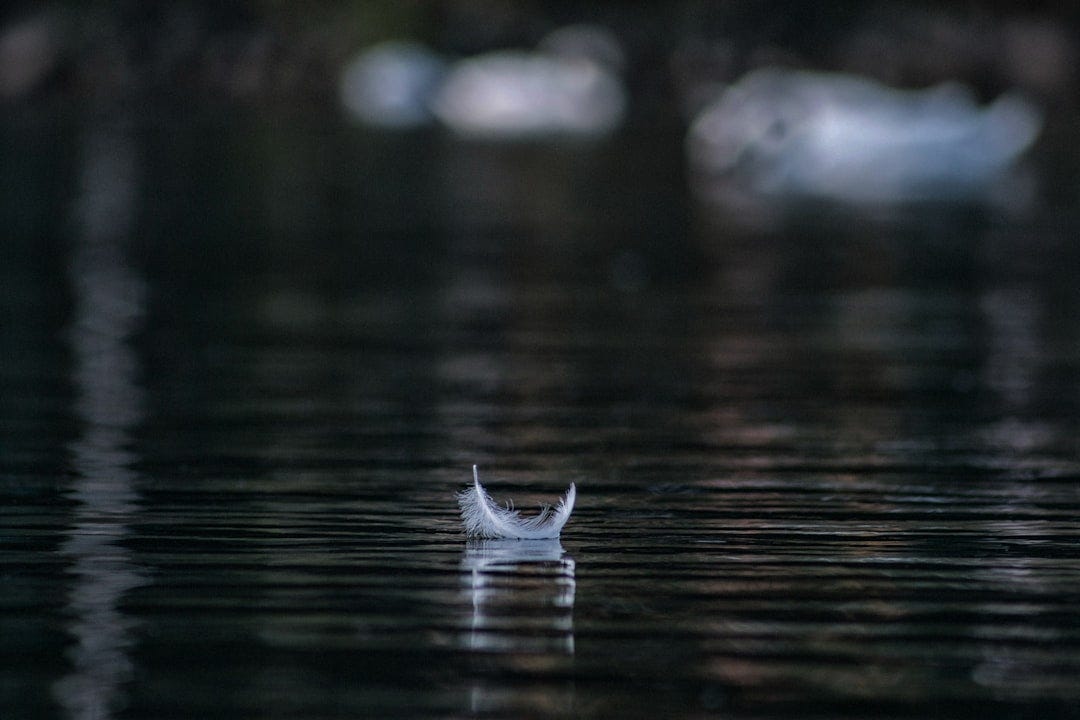Leverage the Power of Silence
How to escape the noise.
Let’s begin this week’s 2 Percent Newsletter with a task. Listen to the sounds around you for 60 seconds. Become aware of the layers of sound—unpeel all the noises around you. Here’s a timer. Stop reading and do this now.
How’d it go? What did you hear?
I had you do that to tell you this: Humans now live in more noise than ever. Scientists at the University of Michigan say that more than 100 million Americans live in noise levels louder than you’d hear standing next to a working washing machine or dishwasher. That’s 70 decibels.
We’ve become so used to living in noise that most of us now find comfort in the constant blare and feel uncomfortable in silence, according to a scientist in Australia.
This is very strange in the grand scheme of time and space. Humans evolved in a noisescape that was relatively silent. Our sounds were from nature. Any loud noises usually signaled trouble – like a roar from a predator or enemy, the booms of a violent storm, or the crash of a rock slide.
Loud = Danger
We evolved to associate loudness with danger. It’s why we still spook at the sound of an unanticipated loud noise.
Our bodies react to loud noises by releasing adrenaline and cortisol, stress hormones that kick on the fight or flight response. These doses of noise-induced stress hormones used to be infrequent but lifesaving.
Today’s jarring background noises can spur the same fight-or-flight response. But the difference is that these noises are nearly constant. This makes our hormones behave like slow-dripping water torture. According to the CDC, constant noise stresses us out.
Marinating in our noise-induced has consequences. In fact, the world’s number one killer, heart disease, isn’t just a consequence of too much food and not enough movement.
Noise = Stress = Sickness
The World Health Organization found that our exposure to a constant stream of decibels may be taking years off of our lives.
Too much noise was directly responsible for nearly 2,000 heart attack deaths in Europe. This is because noise pollution can elevate stress levels, leading to heart disease. Another study found that every 5-decibel increase in average noise exposure was associated with a 34 percent increase in heart attacks and strokes.
Noise pollution can also impact our mental health. Other research shows anti-anxiety medication use rises a relative 28 percent for every 10-decibel increase a neighborhood experiences. People who live near loud roads are 25 percent more likely to be depressed.
Even more studies show background noise impairs our attention, memory, learning, and interactions with others.
This is a complicated topic with many variables. For example, people who live in a lot of noise may also live in more air pollution, exercise less, have fewer financial and medical resources, and on and on. But loudness, the researchers all believe, plays some role in their poor health outcomes.
Silence = Relaxation = Wellness
Silence is worth seeking, even if it’s uncomfortable at first (and hard to find … there are only 12 places in the Lower 48 where you can sit for 15 minutes and not hear a single noise created by humans).
We know that seeking the everyday silence that comes from shutting off devices can benefit our brains and bodies.
Scientists found that two hours of the type of quiet we can find at home produces more cells in an area of the brain that fights depression. (Perhaps wear earplugs or noise canceling headphones, if you live in a city and want to try this.)
The study showed that at-home silence was more calming than listening to Mozart. Other research found that two minutes of silence led to bigger drops in measures of relaxation like blood pressure and heart and breathing rate compared to a handful of other relaxation techniques.
Yes, silence is more relaxing than most “relaxing” products marketers try to sell us.
Have fun, don’t die, listen up …
-Michael


